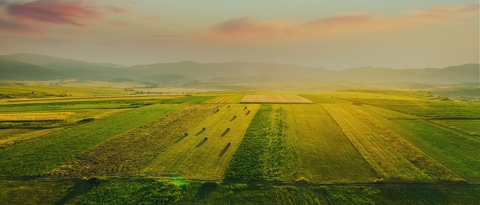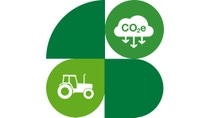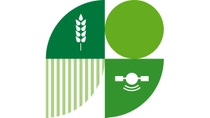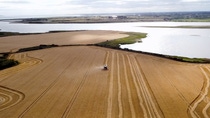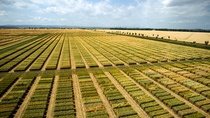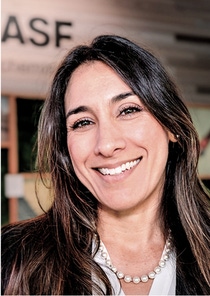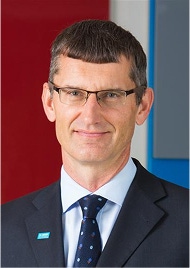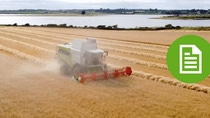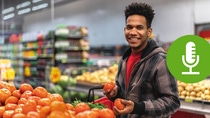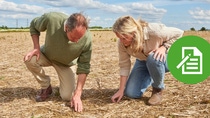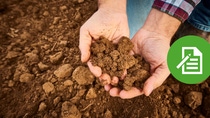Farmers: play a crucial role in the agricultural carbon marketplace by implementing sustainable agricultural practices and participating in the program to reduce emissions and sequester carbon into the soil – - ultimately generating verified climate impacts.
BASF: depending on the specific project and geographic region, BASF plays the following roles:
• solutions provider: BASF Agricultural Solutions provides farmers with its portfolio of seeds, , crop protection products, nitrogen use efficiency products, and digital farming solutions to drive carbon emissions reductions and removals.
• project developer: BASF acts as project developer/project proponent. In this role, BASF defines and documents the proposed project in association with the certification body, identifies buyers and investors, onboards farmers. We ensure that enrolled growers receive the agronomic guidance needed to implement climate-smart agricultural practices in line with internationally recognized standards. Additionally, BASF coordinates with verifiers, standard makers, and registries to convert the practices adopted into verified carbon savings.
Rules & standards makers: these include regulatory agencies and voluntary standards organizations. They ensure the integrity of the carbon marketplace and develop standards and protocols for carbon farming and credit verification. They establish the requirements for measuring and verifying carbon sequestration and emission reductions and the eligibility criteria for participating in carbon credit markets.
Food Value Chain Players: partners within the value chains are collaborating to support and scale sustainable agricultural practices, thereby enhancing overall carbon saving efforts across the whole value chain.
Verifiers/certification bodies: third-party organizations that provide assurance that carbon savings have been accurately measured, validated and verified under the chosen standards. They verify and quantify carbon sequestration and emissions reductions. They conduct on-site inspections and laboratory analyses to measure and verify the carbon stored in the soil or the greenhouse gas emissions avoided by implementing carbon farming practices.
Registries: platforms that manage the creation, transfer, and retirement of carbon saving and credits and maintain records of all carbon transactions held by different entities.
Carbon credit buyers: purchase internationally recognized and robust carbon credits from BASF's Global Carbon Farming Program to offset their carbon emissions to meet their sustainability targets and contribute to the transition to a low-carbon economy.
